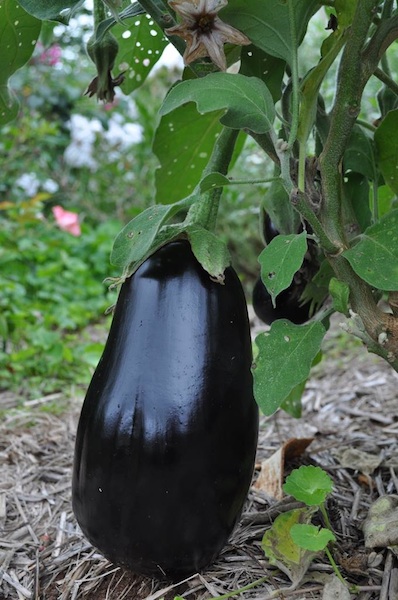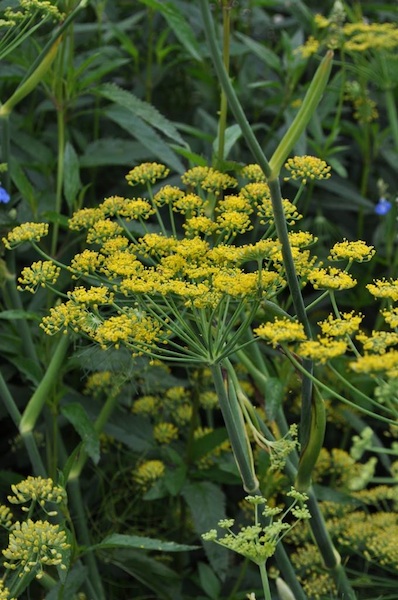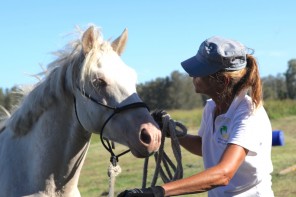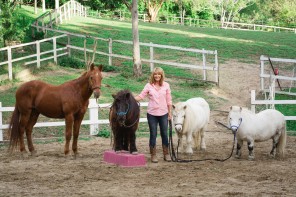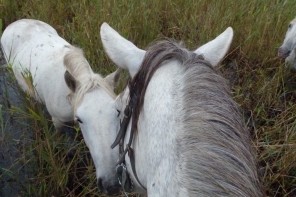With the rains bringing on summer growth, Siboney Duff discovers that weeding less and planting more is a way to encourage nature’s abundance. Going with the flow, she finds, has ample rewards…
The rains have started. Afternoons and evenings punctuated with thunder; skies darkened with marshmallow-thick clouds the colour of pewter. Water tanks have been filling again, and the dawns – sometimes still cool from the overnight falls – are deliciously scented with wet murraya. But by mid-morning the steam starts rising. The ground, soaked by the heavens during the wee small hours, starts to release what it’s not yet had time to absorb and the resulting blanket of humid steam, overlaid with a November subtropical sun, can take its toll on the human body.
It’s this combination of Spring/Summer rainfall, warm weather, and ancient volcanic soil that makes this part of the world so perfect for growing anything – flowers, food, trees, even people. That merging of elements makes this area more fertile, more pregnant with possibility, than many around the world, and certainly more than most parts around this nation. But, like many things, its positive aspects can easily bleed into its less desirable. Dandelions and farmers friends enjoy these conditions just as much as the eggplants and tomatoes and silverbeet. Bindii, telegraph weed, creeping oxalis, billy goat weed… they’re all thriving in my garden right now and almost every spare evening – after the sun has lost its bite and before the mossies start attacking and the heavens open up – has been spent trying to eradicate them. To little avail. Almost as quickly as I have cleared one square metre, another is riddled with plants that I didn’t choose. And therein lays the rub, the inherent tension with which all gardeners must contend… our clear but sometimes too easily dismissed powerlessness in the face of nature.
This week, as I pulled out bindii and billy goat weed by the roots, and dug around miniature oxalis bulbs with all the care of a surgeon removing a tumour, I was suddenly struck by the absurdity of what I was doing. These plants, their seeds, the climate upon which they rely, the sun which nurtures them – these things were here long before I arrived and will endure long after I have stepped off this mortal coil. So why do I bother? I asked myself, the mound of withering weeds growing beside me. I mean, if gardening isn’t – to at least some extent – an exercise in futility then I don’t know what is. Much of what I tend will die; things I did not choose will prevail. And yet, as any gardener will tell you, getting your hands dirty can also be a profoundly connecting, enriching, productive past-time – nothing futile in that.
My garden is flourishing at the moment. It loves the warmth and the water. The kale is so bounteous I’m setting aside Saturday morning to make jars of sauerkraut. The first eggplants of the season are swelling and ready for harvest; the last of the fennel is flowering now on spikes taller than me. Even the fig is growing at a rate of knots and the raspberries have started to fruit. Everything feels wild and delicious and out of control…. and as I sat in the middle of my garden, surrounded by its rampant extravagance and focused on the scurvy weed threading its way through the young pumpkin vines, it suddenly dawned on me that I was missing the point. That in my human desire to control my environment I was overlooking nature’s most important lesson. She’s in charge. Not me. Aristotle said that in all things of nature there is something of the marvellous. I forget that sometimes; forget that everything that happens does so for a reason; that in all we experience, whether we can see it at the time or not, there is something of the marvellous.
Scurvy weed is like that. Rambunctious. Irritating. Like a new puppy, it makes its way into areas of the garden assigned to other purposes. And yet it is beautiful. Genuinely beautiful.
I’m not weeding as much anymore. I’ve struck cuttings instead, transplanted seedlings and sown seeds throughout the garden. My plan is to fill it to bursting; my cup runneth over. And then nature can decide what will survive. That can be her lesson to me this month.
November in the suburban permaculture garden: Harvest with care, early in the morning and late in the afternoon is best. Mulch well (though not too close to the stems) and stake the heavy-bearing fruits like tomato and eggplant to help them bear their load. I don’t prune my tomatoes – it’s hot enough here that the fruit can do with the extra shade cast by the leaves – but if you live further south and are keen for tomatoes pre-Christmas, you might like to expose the young flowers and fruits to the sun. Most importantly, take the time to sit back, observe, listen, learn; nature has much to teach us in Spring.

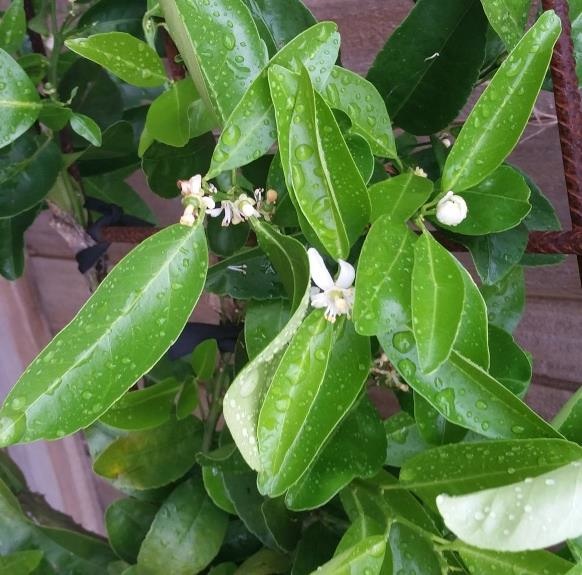
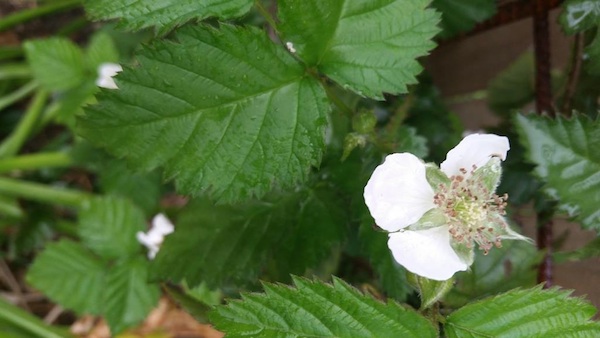 From top: Strawberries, lemon flowers and raspberries…
From top: Strawberries, lemon flowers and raspberries…


